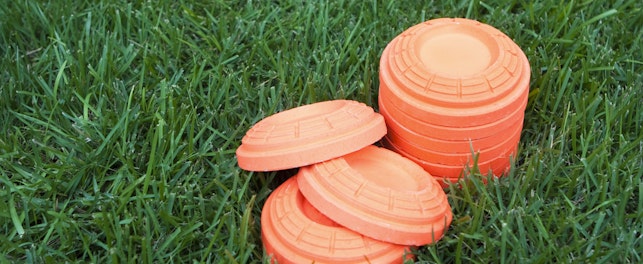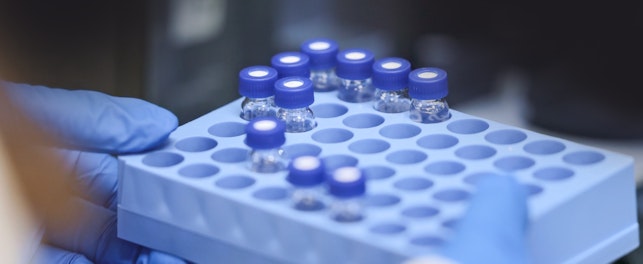Thailand mandates TIS 685-1:2562 (2019) as the new standard for toy safety. This standard will become mandatory on September 22, 2022.

On March 25, 2022, Thailand’s Ministry of Industry issued a Ministerial Regulation in the Government Gazette (Volume 139, Chapter 19a, Page 4) to mandate TIS 685-1:2562 (2019) as the new standard for toys, including toy components and accessories, that are intended for use in play by children under 14 years of age. This standard was established on the basis of input from academics, manufacturers, users and the following documents:
- ISO 8124-1:2018 ‘Safety of toys – Part 1: Safety aspects related to mechanical and physical properties
- ISO 8124-2:2014 ‘Safety of toys – Part 2: Flammability’
- ISO 8124-3:2010 And 1:2018 ‘Safety of toys – Part 3: Migration of certain elements’
- ISO 8124-6:2018 ‘Safety of toys – Part 6: Certain phthalate esters in toys and children’s products’
- EN 71-1:2014+A1:2018 ‘Safety of toys – Part 1: Mechanical and physical properties’
- AS 1647.2:1992 ‘Children’s toys (safety requirements) Part 2: Constructional Requirements
In additional to providing a list of products that are not considered as toys, TIS 685-1:2562 (2019) specifies requirements for labeling, physical and mechanical properties, flammability and chemicals. It contains, among other things, a number of important changes for chemicals. These include:
- Replacing two sets of limits for the migration of eight soluble elements with three sets (see Table 1 below):
- Finger paints are separated from modeling clay and have their own set of limits
- ‘Textiles’ is included in the set of limits for ‘Coatings, writing materials, plastics, paper and paperboard’
- New requirements for phthalates in plastic, coating and rubber materials in two categories of toys using ISO 8124-6 (see Table 2 below)
According to the Ministerial Regulation, the standard will become mandatory on September 22, 2022.
Highlights of the requirements for soluble elements and phthalates in the new standard are summarized in Tables 1 and 2.
TIS 685 Part-1: 2562 (2019): Toys: Safety Requirements: Part 1 – Requirements | |||
|---|---|---|---|
Soluble Element | Requirement | ||
Coatings, writing materials, plastics, paper and paperboard, and textiles | Modelling clay | Finger paints | |
| Antimony | ≤ 60 mg/kg | ≤ 60 mg/kg | ≤ 10 mg/kg |
| Arsenic | ≤ 25 mg/kg | ≤ 25 mg/kg | ≤ 10 mg/kg |
| Barium | ≤ 1,000 mg/kg | ≤ 250 mg/kg | ≤ 350 mg/kg |
| Cadmium | ≤ 75 mg/kg | ≤ 50 mg/kg | ≤ 15 mg/kg |
| Chromium | ≤ 60 mg/kg | ≤ 25 mg/kg | ≤ 25 mg/kg |
| Lead | ≤ 90 mg/kg | ≤ 90 mg/kg | ≤ 25 mg/kg |
| Mercury | ≤ 60 mg/kg | ≤ 25 mg/kg | ≤ 10 mg/kg |
| Selenium | ≤ 500 mg/kg | ≤ 500 mg/kg | ≤ 50 mg/kg |
Table 1
TIS 685 Part-1: 2562 (2019): Toys: Safety Requirements: Part 1 – Requirements | |
|---|---|
Scope | Requirement |
| Toys | ≤ 0.1% sum of BBP, DBP and DEHP |
| Toys for children under three years of age containing parts that can be placed in the mouth | ≤ 0.1% sum of BBP, DBP, DEHP, DIDP, DINP and DNOP |
Table 2
Definitions
Item | Abbreviation | Phthalate |
|---|---|---|
| 1 | BBP | Benzyl butyl phthalate |
| 2 | DBP | Di-n-butyl phthalate |
| 3 | DEHP | Bis-(2-ethylhexyl) phthalate |
| 4 | DIDP | Di-iso-decyl phthalate |
| 5 | DNOP | Di-n-octyl phthalate |
| 6 | DINP | Di-iso-nonyl phthalate |
SGS is committed to providing information about development in regulations for consumer products as complimentary services. Through a global network of laboratories, SGS provides a wide range of services including physical/mechanical testing, analytical testing and consultancy work for technical and non-technical parameters applicable to a comprehensive range of consumer products. In the end, it’s only trusted because it’s tested. Contact us for more information or visit our website.
For inquiries, please contact:
Dr. Hingwo Tsang
Global Information and Innovation Manager
t: (+852) 2774 7420
Rutchuporn Moungsom
Hardlines/Toys Laboratory Manager
t: +66 2 294 7485
© SGS Société Générale de surveillance SA - 2022 - All rights reserved - SGS is a registered trademark of SGS Société Générale de surveillance SA. This is a publication of SGS, except for 3rd parties’ contents submitted or licensed for use by SGS. SGS neither endorses nor disapproves said 3rd parties contents. This publication is intended to provide technical information and shall not be considered an exhaustive treatment of any subject treated. It is strictly educational and does not replace any legal requirements or applicable regulations. It is not intended to constitute consulting or professional advice. The information contained herein is provided “as is” and SGS does not warrant that it will be error-free or will meet any particular criteria of performance or quality. Do not quote or refer any information herein without SGS’s prior written consent.








